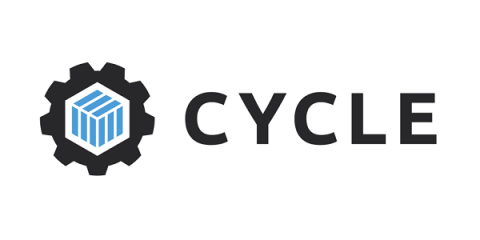Operations | Monitoring | ITSM | DevOps | Cloud
Containers
The latest News and Information on Containers, Kubernetes, Docker and related technologies.
Keynote with Steve Wozniak | Civo Navigate NA 2023
Dinesh, CTO of Civo KubeCon First Impressions & Civo Update | Civo TV
Highlights from KubeCon + CloudNativeCon 2023
KubeCon + CloudNativeCon is the premier event that focuses on cloud-native technologies and Kubernetes. This year’s European edition took place in person and was completely sold out, with 10,000 attendees. Datadog joined the event as a platinum sponsor, and several of our engineers delivered talks on various topics, ranging from etcd to image signing and verification. In this post, we’ll share more details on these talks, along with our takeaways from the event.
Running Postgres in Docker
So you want to spin up a Postgres database on your local machine, but you don't fancy having to install and manage everything manually? Running Postgres inside Docker is a great way to simplify the situation. It lets you: In this article I will explain how to do this step by step.
Rethinking Cyber Security: Air-Gapping in Unconventional Places
Cyber security has become a top priority across all industry sectors, public and private. Securing a Kubernetes environment presents new challenges to organizations that are transitioning from traditional IT infrastructures to container management solutions in the cloud. As D2iQ VP of Product Management Dan Ciruli points out in “ Air-gapped Advantages in a Non-Air-gapped World,” surveys show a large percentage of Kubernetes environments are vulnerable to attack, as high as 87%.
The Kubernetes Alternative You've Been Looking For
If you’re in DevOps, you know the word ‘Kubernetes’. While saying that mouthful of a word (generally shortened to k8s in text) would have gotten you a weird look and someone asking if you need to lie down before 2017, it’s been sacrilegious to even consider starting a project without architecting your solution on top of it in the last few years.
Debugging Kubernetes with Automated Runbooks & Ephemeral Containers
In our previous blog, we discussed the difficulty in capturing all relevant diagnostics during an incident before a “band-aid” fix is applied. The most common, concrete example of this is an application running in a container and the container is redeployed—perhaps to a prior version or the same version—simply to solve the immediate issue.
Docker Secrets: An Introductory Guide with Examples
Securing sensitive data is crucial for any application, but managing this data can be complex and error-prone. Docker secrets provide a reliable and secure way to handle sensitive information like passwords, API keys, and certificates in your Docker environment. In this introductory guide, we’ll explore what Docker secrets are, how to use them with practical examples, and share some best practices to help you safeguard your sensitive data effectively.










